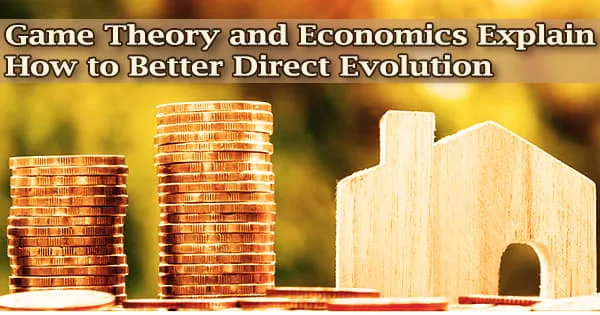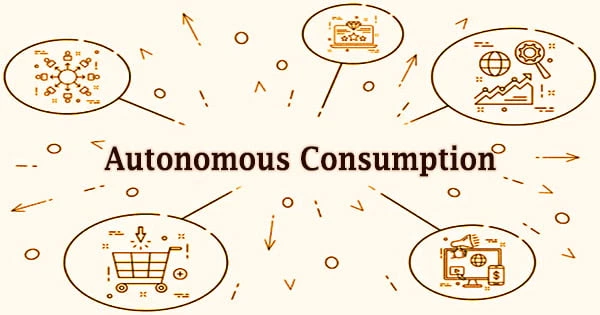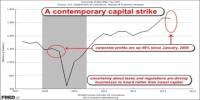The way that biological entities evolve as a result of human conduct has a profoundly negative impact on human welfare. To discover policies and other tactics to enhance evolutionary outcomes, it is crucial to comprehend people’s incentives at the time that they act in these ways.
Researchers under the direction of Troy Day at Queens University and David McAdams at Duke University use the techniques of economics and game theory to the control of evolution in a new study that will be published on November 16, 2022, in the open access journal PLOS Biology.
We are currently dealing with the negative effects of our ineffective management of biological evolution, which range from antibiotic-resistant bacteria that pose a threat to our health to control-resistant crop pests that threaten to jeopardize global food production.
As Day explains, “By modelling the joint economic and evolutionary consequences of people’s actions we can determine how best to incentivize behavior that is evolutionarily desirable.”
A key contribution to the new paradigm spanning economics, finance, marketing, and management is Commerce, Complexity, and Evolution, which recognizes that commercial systems are evolutionary systems and must therefore be evaluated using evolutionary approaches.
The association of complexity and evolution is due to the fact that evolutionary systems exhibit complex behaviors that are largely produced endogenously rather than exclusively as a result of exogenous shocks.
The new analysis’s main contribution is a straightforward mathematical formula that predicts when doctors, farmers, and other “evolution managers” will have enough motivation to manage the biological resources that are in their charge, weighing the short-term costs of management against the long-term gains of postponing unfavorable evolution.
Evolutionary change in response to human interventions, such as the evolution of resistance in response to drug treatment or evolutionary change in response to harvesting, can have significant economic repercussions.
Troy Day
When a patient enters an urgent care center, for instance, screening them to see if they are infected with a risky superbug is expensive, but it protects future patients by allowing superbug carriers to be segregated from other patients. How the facility balances these costs and benefits will determine whether it benefits from screening patients.
The researchers extend the mathematical model by using game theory, which examines how people’s choices are connected and can have an effect on one another, such as doctors working in the same facility whose patients can spread an infection or corn growers with nearby fields. Their game-theoretic methodology pinpoints the circumstances in which outcomes can be enhanced by regulations that alter incentives or promote coordination.
“In the example of antibiotic-resistant bacteria, hospitals could go above and beyond to control the spread of superbugs through methods like community contact tracing,” McAdams says.
“This would entail additional costs and, alone, a hospital would likely not have an incentive to do so. But if every hospital took this additional step, they might all collectively benefit from slowing the spread of these bacteria. Game theory gives you a systematic way to think through those possibilities and maximize overall welfare.”
“Evolutionary change in response to human interventions, such as the evolution of resistance in response to drug treatment or evolutionary change in response to harvesting, can have significant economic repercussions,” Day adds.
“We determine the conditions under which it is economically beneficial to employ costly strategies that limit evolution and thereby preserve the value of biological resources for longer.”
















